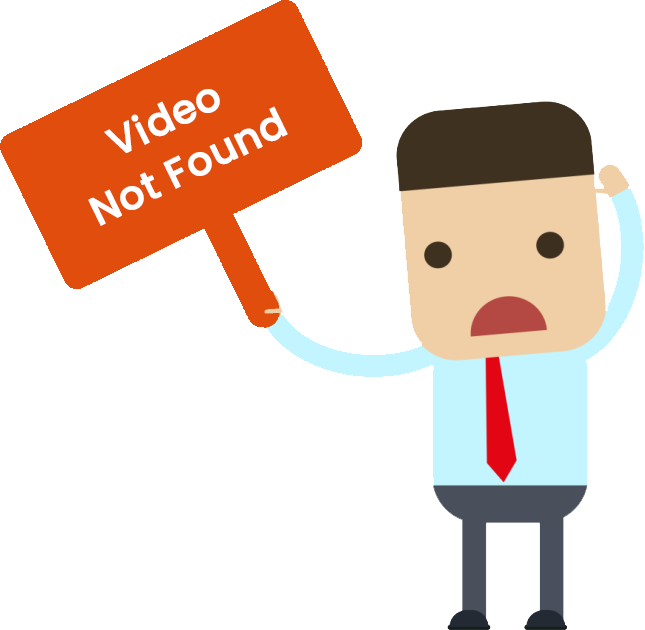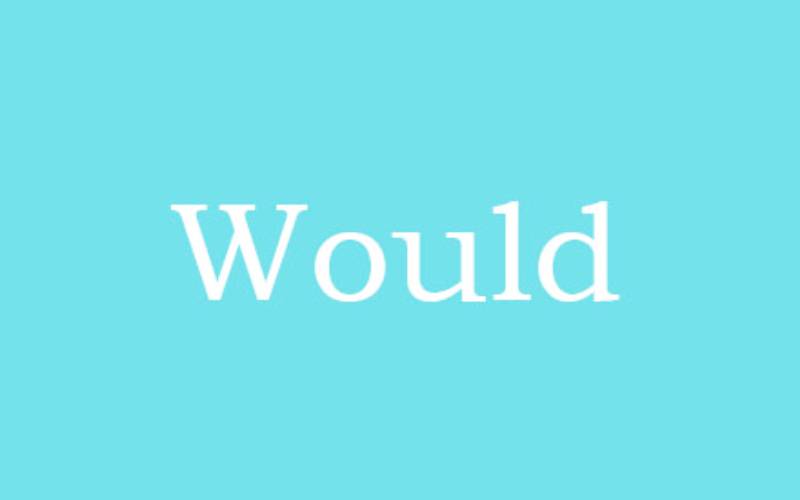The many uses of ‘WOULD’
‘Would’, a modal verb, has versatile uses. If you were asked to note down all the different ways ‘would’ is used, would you be able to do that? There are different contexts in which ‘would’ can be used and all of these contexts have no relation to each other. Let’s go ahead and understand the common ways to use ‘would’.
-
To make a polite request or offer
All of the modal verbs can be used to make a request or offer. But to make the formal and polite requests ‘would’ can be used.
Example:
Will you pass me the charger?
(This might seem a little too informal and demanding)
Would you pass me the charger?
(This seems polite and formal)
Some examples would be:
Would you please convey my message to Riya?
Would you like to go on a date with me?
2. In a hypothetical situation
One of the everyday use of ‘would’ is in imaginary situations. This is most commonly used with second and third conditional sentences.
Example:
What would you do if a Vampire attacked you?
The above sentence talks about a hypothetical situation because getting attacked by a vampire is very unlikely and next to impossible.
Some examples would be:
She would be here, but she has too much work to do.
If I had the money I would travel the world.
If I were(we use were in all hypothetical situations,irrespective of the subject) you,I would certainly not deny the offer/readily accept this offer.
3. In a reported speech
When we use ‘will’ in a direct speech, ‘would’ is used in the reported speech as a past form of ‘will’.
Example:
I will see you at the party. (Direct speech)
She said that she would see me at the party. (Reported speech)
Some examples would be:
“I will bring the drinks”, Anika said. (Direct speech)
Anika said that she would bring the drinks. (Reported speech)
Sonal said,” She will move to South Korea”. (Direct speech)
Sonal said that she would move to South Korea. (Reported speech)
4. To explain repeated habits in the past
‘Would’ is very often used to explain or talk about some repeated actions in past or past habits.
Example:
My mom would walk us to school when we were kids.
The above sentence talks about the repeated action in the past that is unlikely to happen in the present.
Some examples would be:
When we were in college, we would travel by local train everyday.
When Shaan lived in Mumbai, he would go to the beach every week.
5. To refuse to do something
‘Would’ can be used to talk about the willingness of any action in a negative sense.
Example:
My mom wouldn’t let me go out at night.
The sentence above suggests that my mom refused to let me go out at night.
Some examples would be:
My car wouldn’t start in the morning.
Rahul wouldn’t pay for his food.
6. To place order for food or drinks in a polite way
It is very important to sound courteous while placing an order in an eatery or a
restaurant.
Example:
I would like the crab cakes.
We would have two glasses of lemonade and one French fries.
7. Use of would have
as the past tense form of will have:
Example:
I phoned at six o'clock. I knew he would have got home by then.
It was half past five. Dad would have finished work.
We also use would have in conditionals to talk about something
that did not happen in the past.
Example:
If it had been a little warmer, we would have gone for a swim.
(but it was cold so we didn't go for a swim)
He would have been very angry if he had seen you.
(but he didn't see you so he wasn't angry)
While learning about ‘would’ one important thing to remember is that it is not always used as the past form of ‘will’. In fact, ‘would’ has many different meanings and contexts. Of course, the best way to grow your comprehension of this topic is practice. Solve some worksheets to get a clear understanding of this topic.


